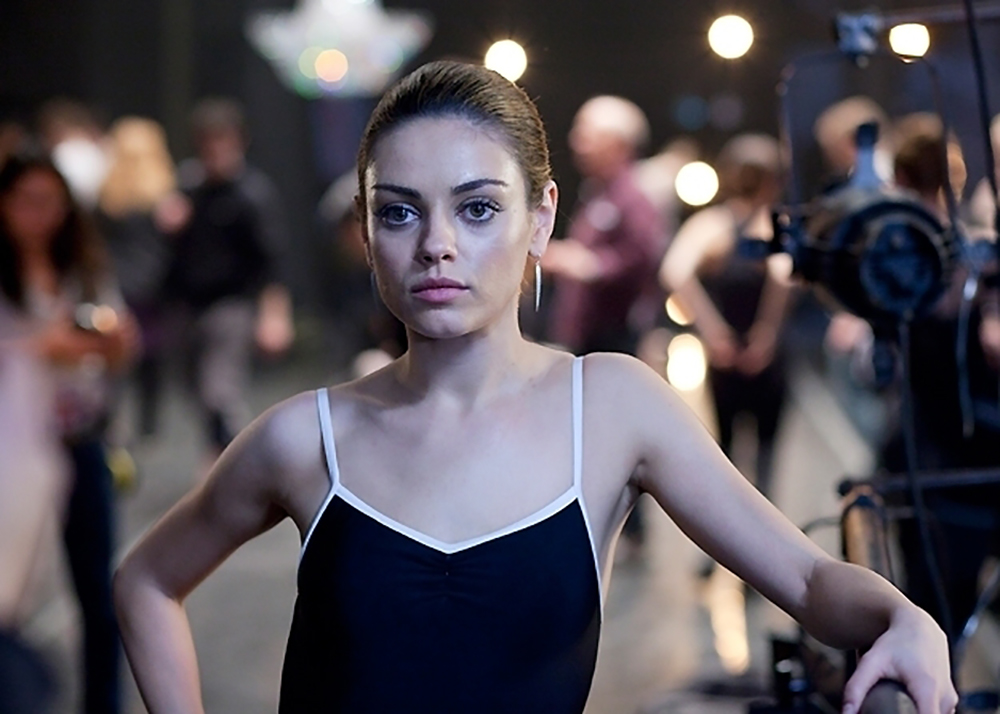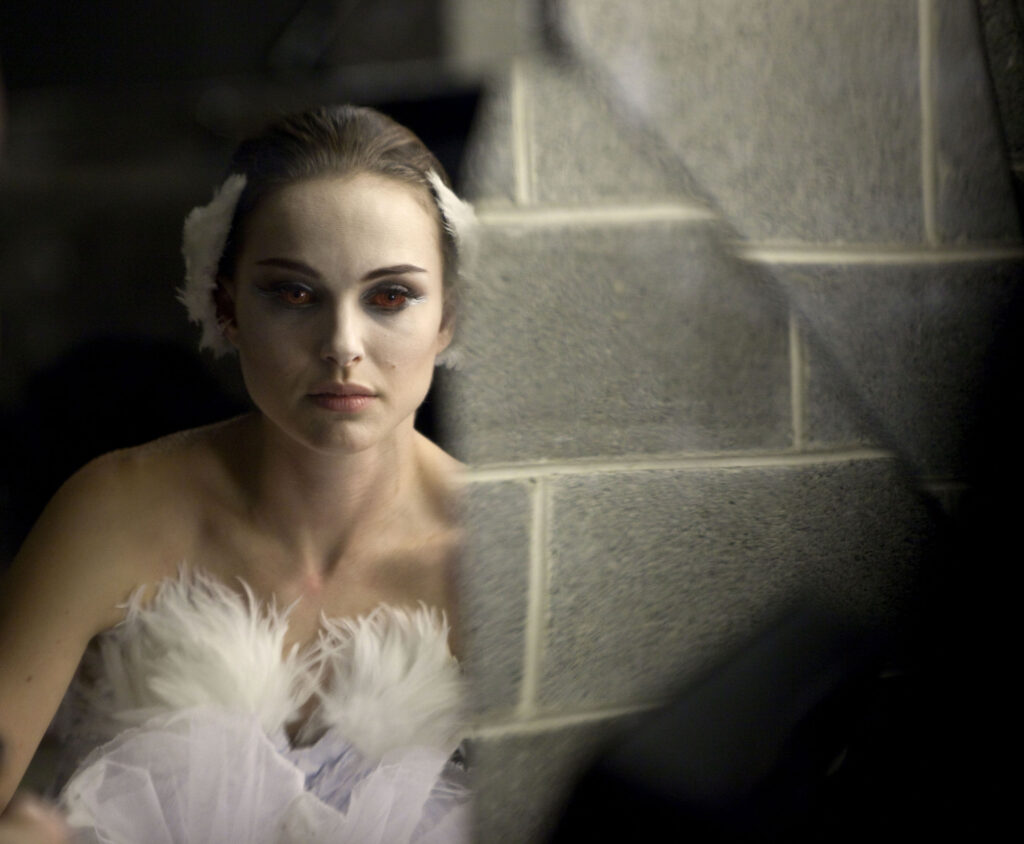Little did Ovid know that the myth he wrote about in the third book of his “Metamorphosis” would create the very base of today’s postmodern reality. Its timelessness has only been supported by Jung’s theory of collective unconscious and proven by its constant reuses in literature and art during two whole millenniums. And as an inexhaustible source of expression, I understand that the myth of Narcissus is probably one of the as-good-as-many approaches to describe the idea behind “Black swan.” To prove you that this is completely feasible, I’ll have to start from the beginning. Let’s proceed.

If we examine the myth of Narcissus, we see the direct correlation between it and the concept of metamorphosis. The myth of Narcissus narrates about a young man called Narcissus, who was cursed at birth to live for as long as he wanted, but with one condition: he mustn’t see his own reflection. Narcissus was also blessed with incredible beauty and many were in love with him. He despised and rejected anyone who loved him, which is why one of his most passionate admirers, nymph Echo, was in great pain. Eventually, she became so shut down by her love suffering, that she kept withdrawing herself and turned into a stone that could only whisper.
Narcissus, on the other hand, fell victim to his destiny: he once saw his reflection in water and fell in love with himself. The impossible love with himself resulted in his death. The prophecy was fulfilled. This is what the myth of Narcissus and Echo tells us on its superficial level. But on a deeper, more profound one, this myth is a story of a metamorphosis of reality and existence into voice and picture. Those are the techniques that combined, amongst all the other forms of artistic expression, are used only in literature and cinema. Having explained this dichotomic correlation (the Myth of Narcissus—metamorphosis; metamorphosis—Echo-voice and Narcissus-picture), I can only conclude that you can see more clearly why it’s acceptable to interpret cinematic works as if they’re in fact literary works.
Now let’s take a look at one concrete film, the above-mentioned “Black Swan.” The reason I chose this one is because it embodies the myth of Narcissus in a more explicit way than majority. The story of this film revolves around a young woman, Nina, that as a professional ballerina, is competing for the role of black swan for Tchaikovsky’s “Swan Lake.” Being gracious, fragile and innocent, Nina is chosen for the role of white swan, after being criticized for her lack of dominance, confidence, and sensuality; characteristics that her opponent, Lily, personifies. Determined to get the main part in the ballet, Nina undergoes a journey of transformation from a white to a black swan. In order to secure the role of black swan, convinced she’s stabbing Lily in a hallucination, in reality Nina stabs herself.
The self-evident Nina’s metamorphosis is a superficial example of the one we saw in the myth of Narcissus. Her major similarity to Narcissus is their inner identity-imitation dualism. This conflict tells us more about both of them: both Narcissus and Nina share a deep contempt towards the idea of imitation. They felt attraction, repugnance or both when encountered with their doppelgängers, and not wanting to coexist but rather to become one, they die.


